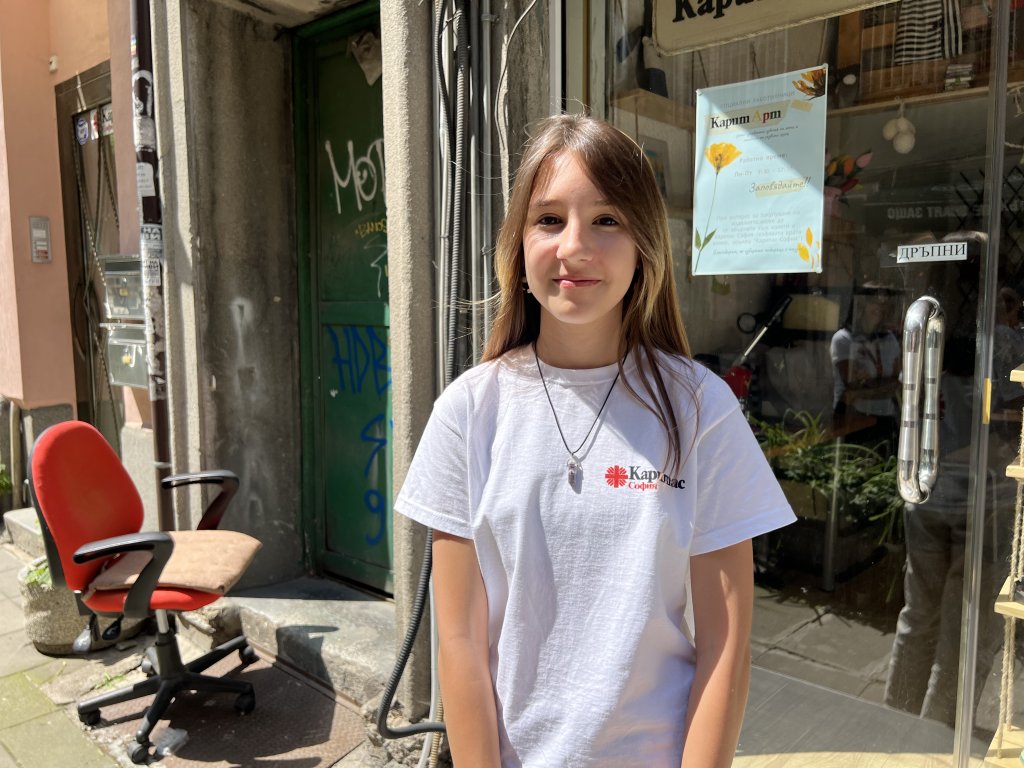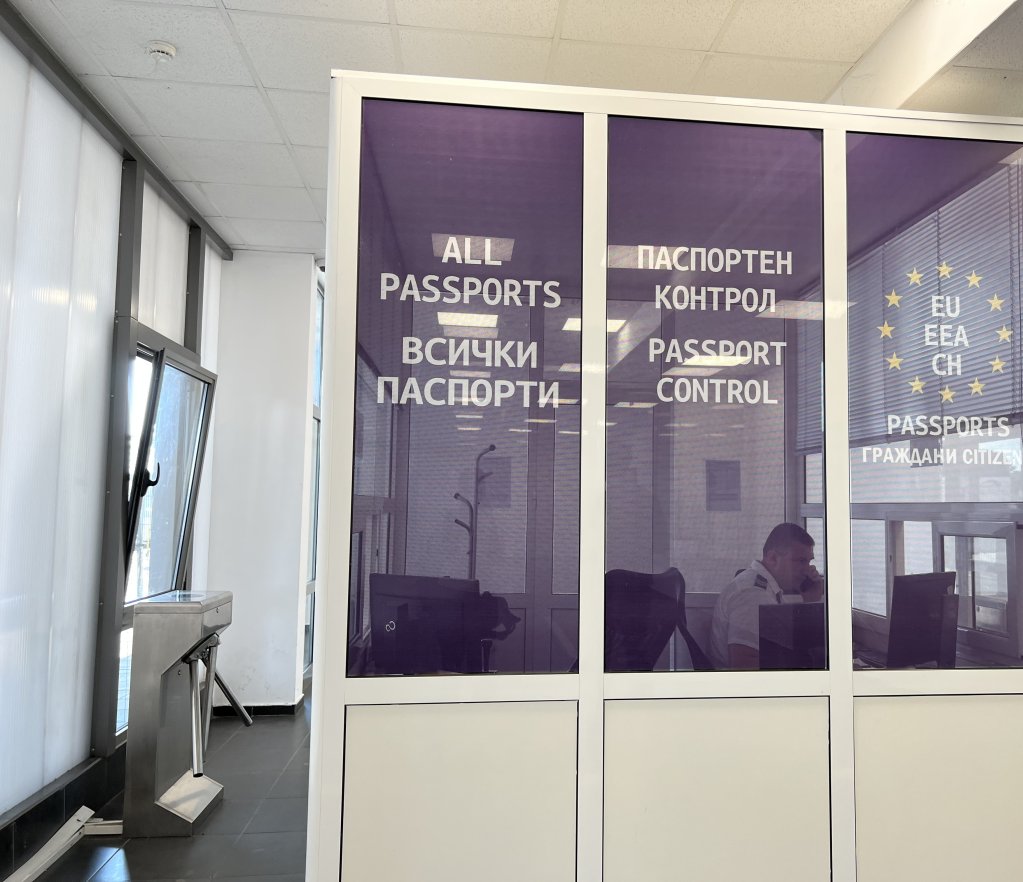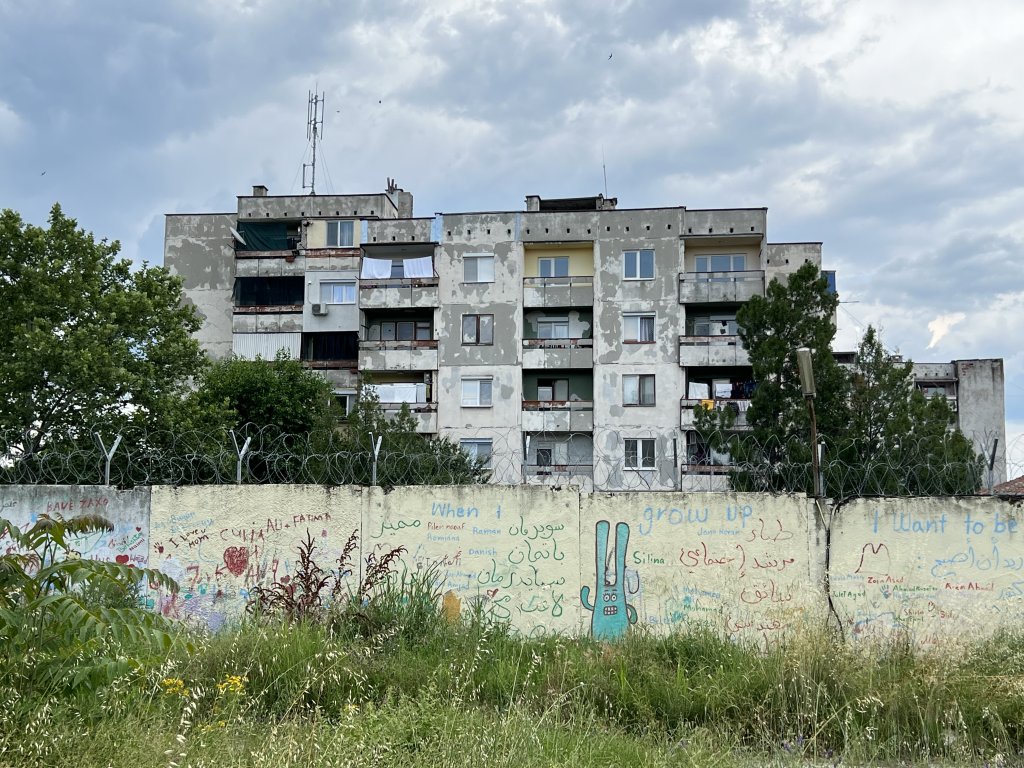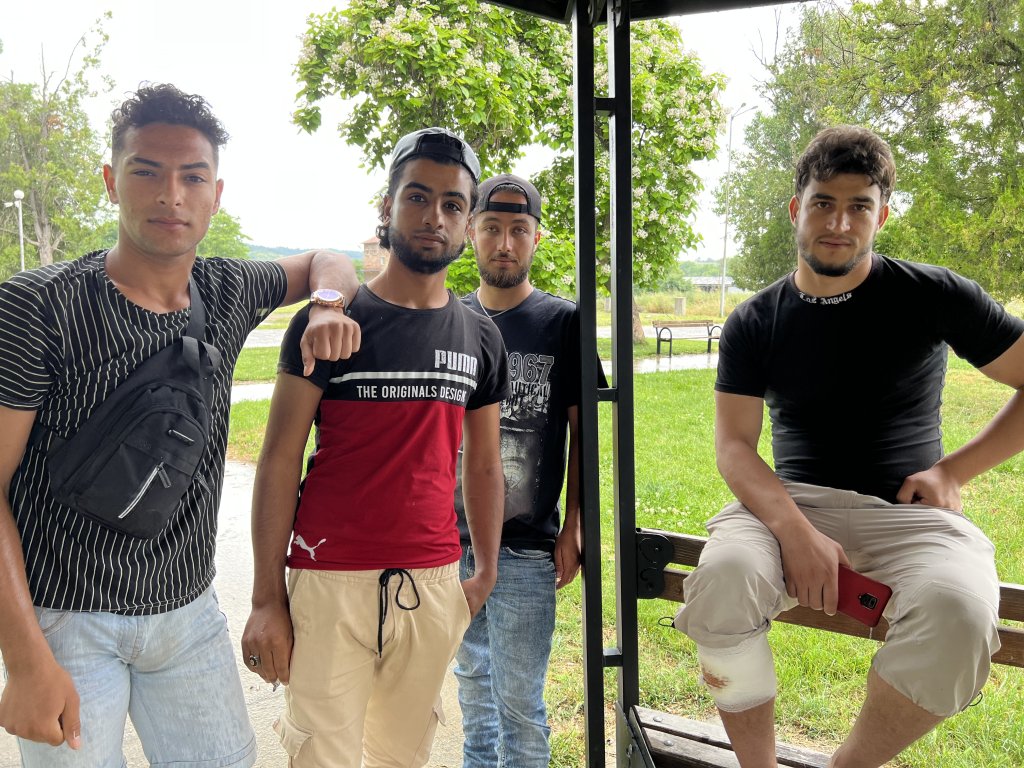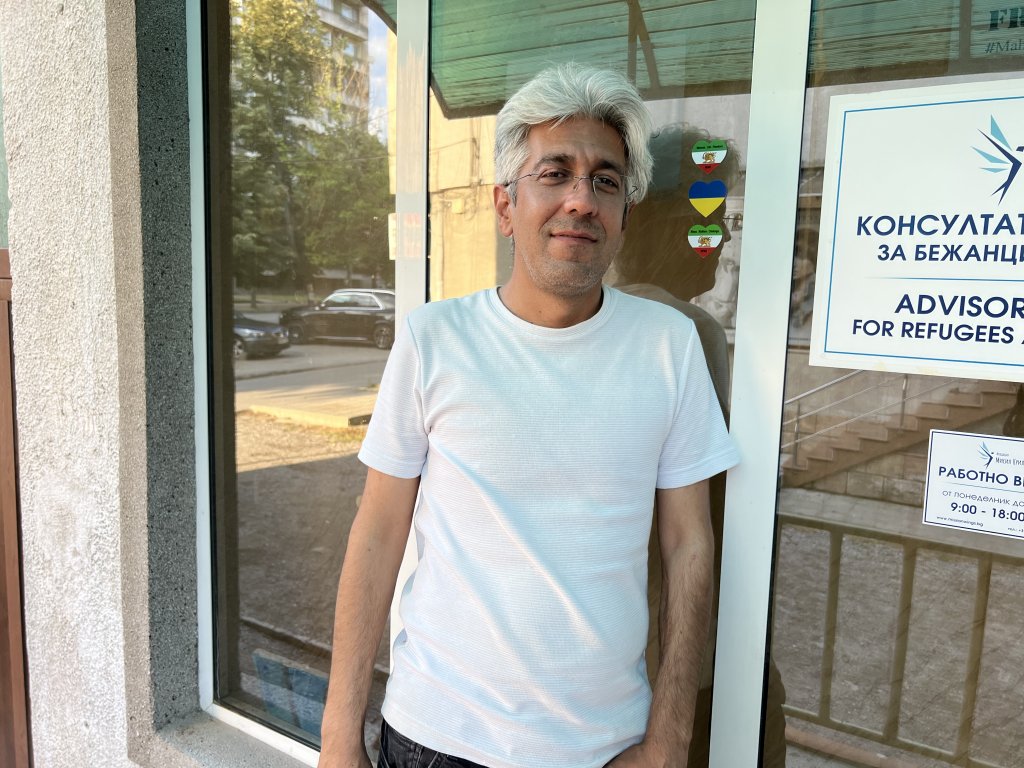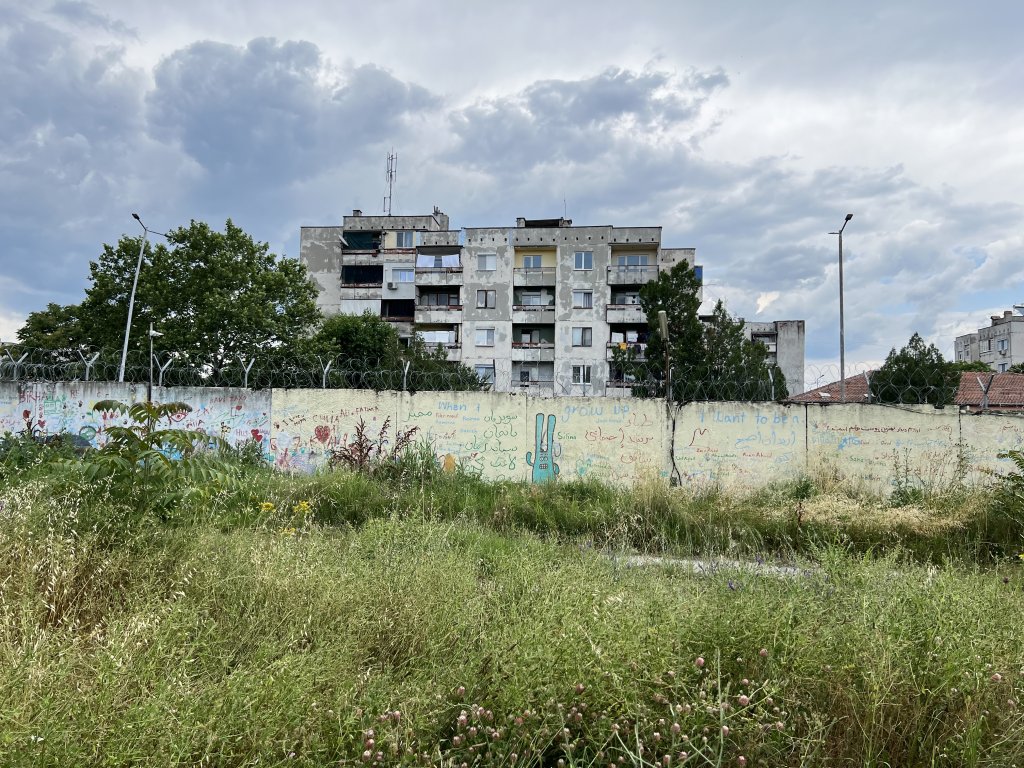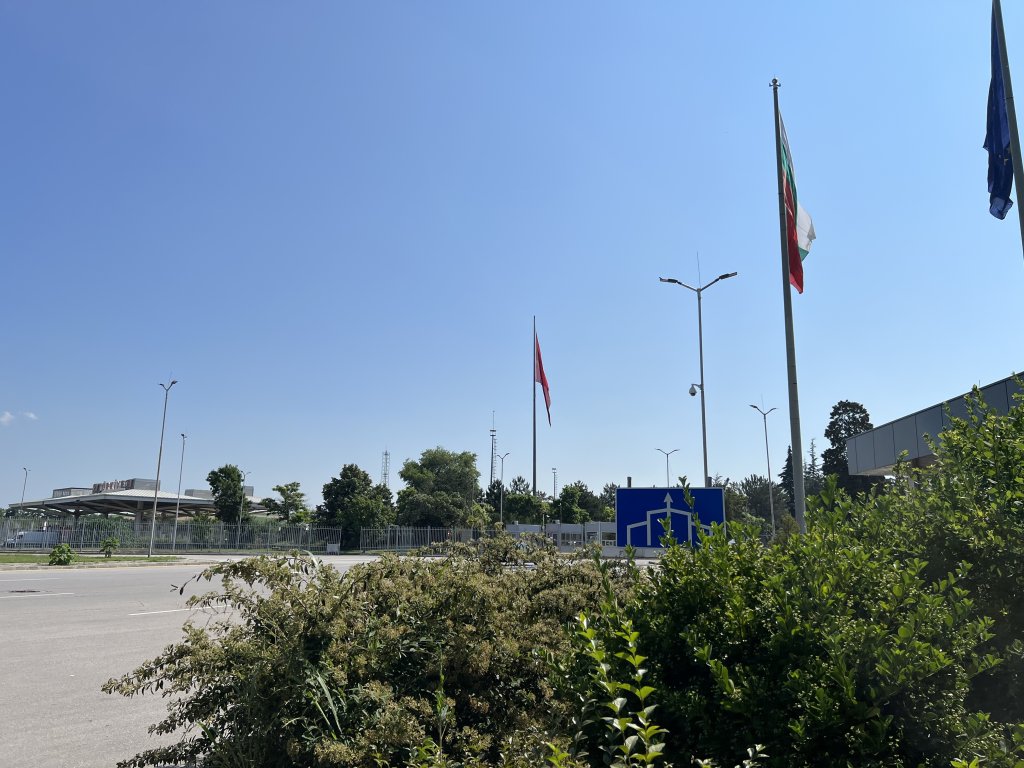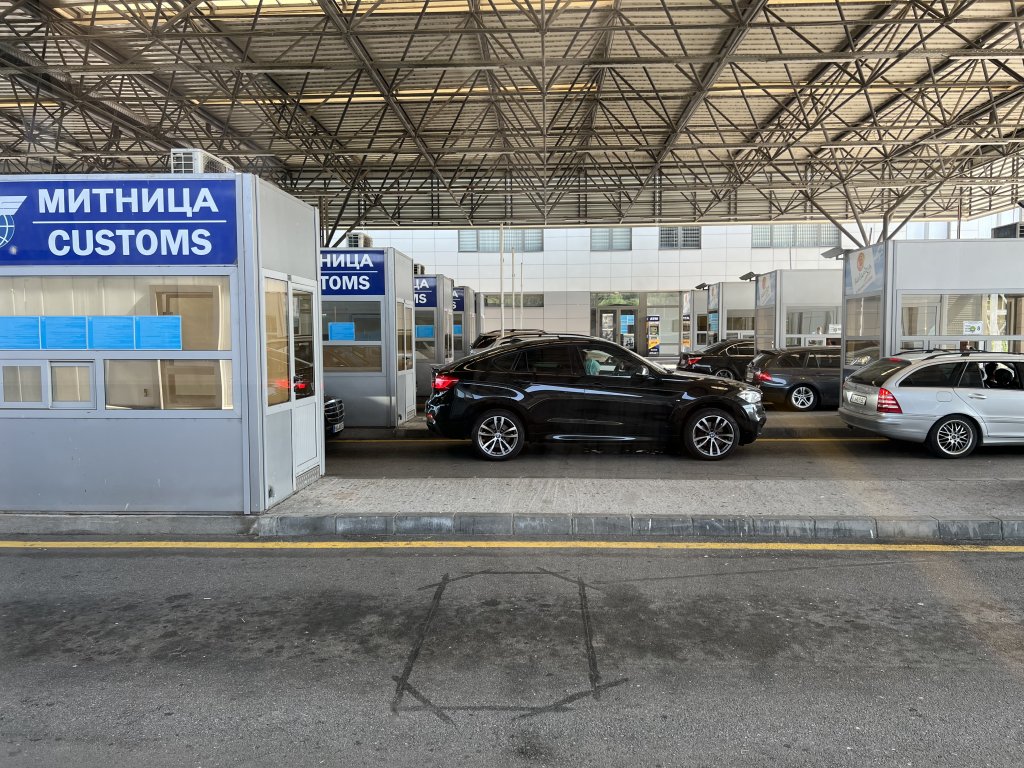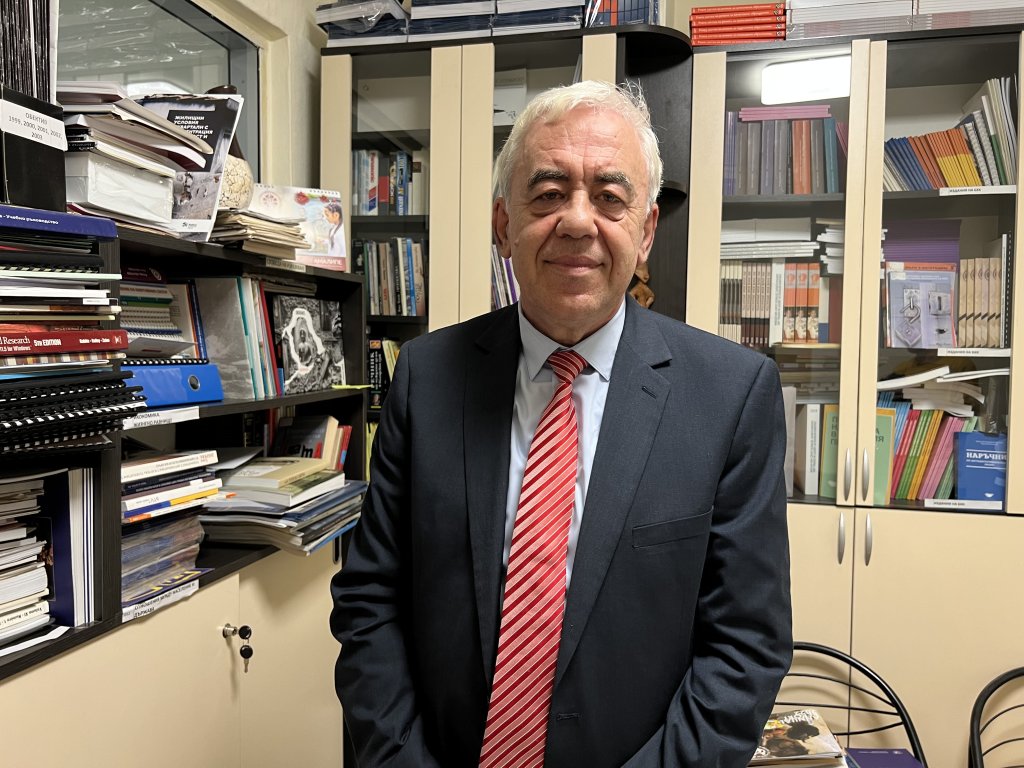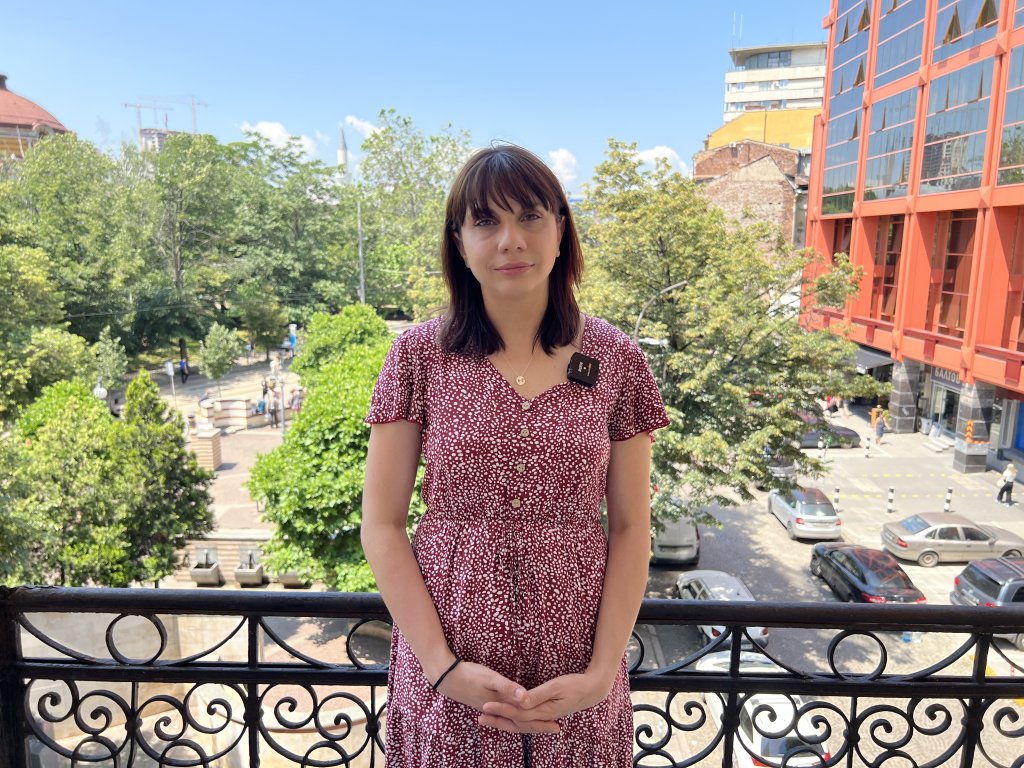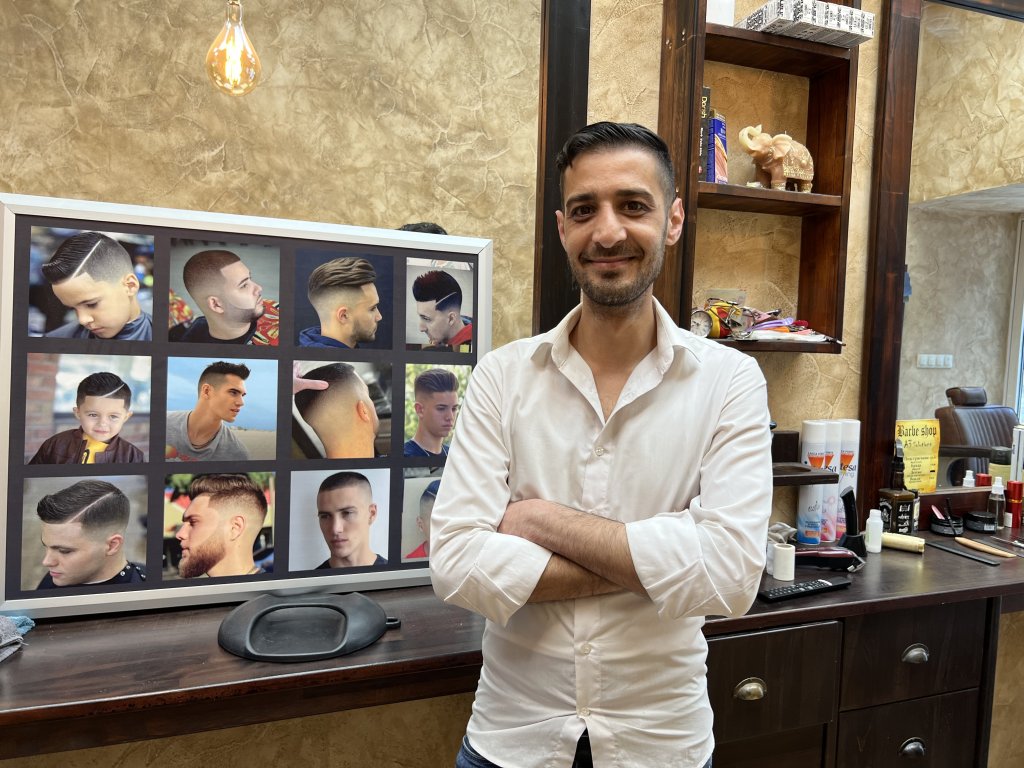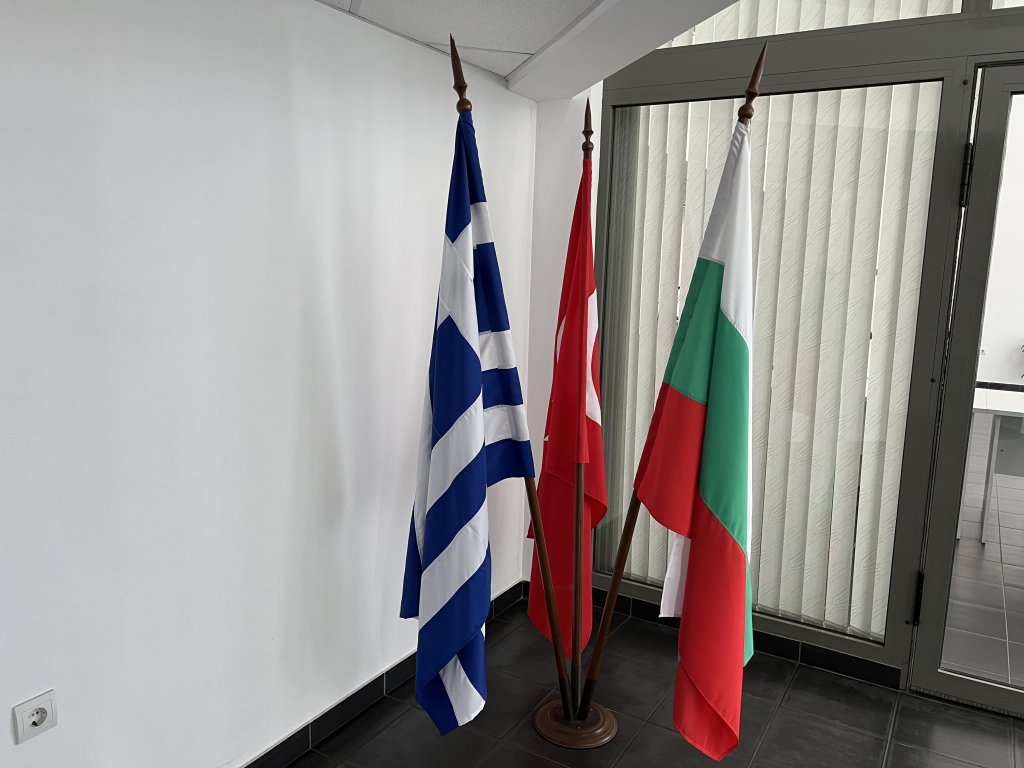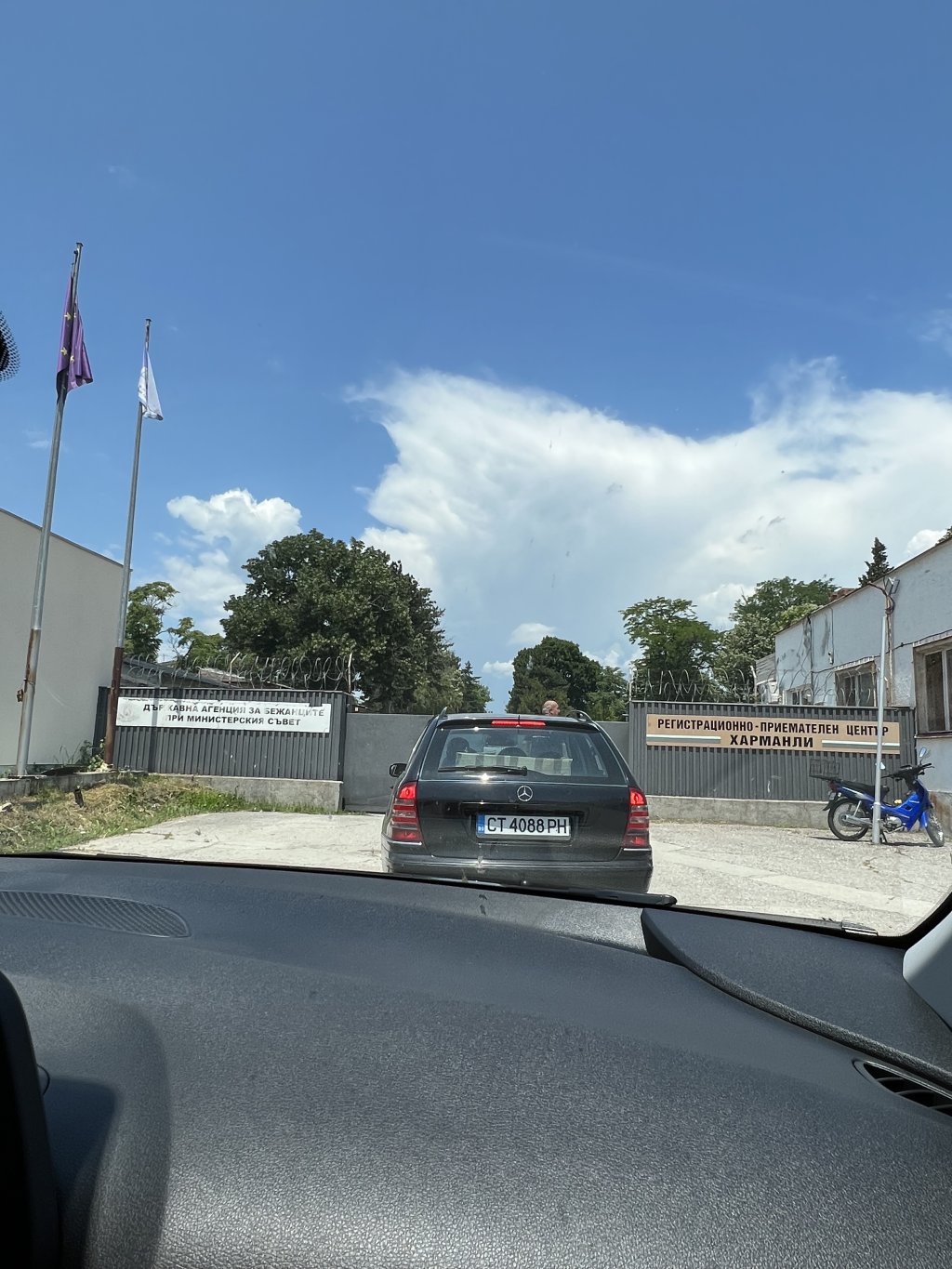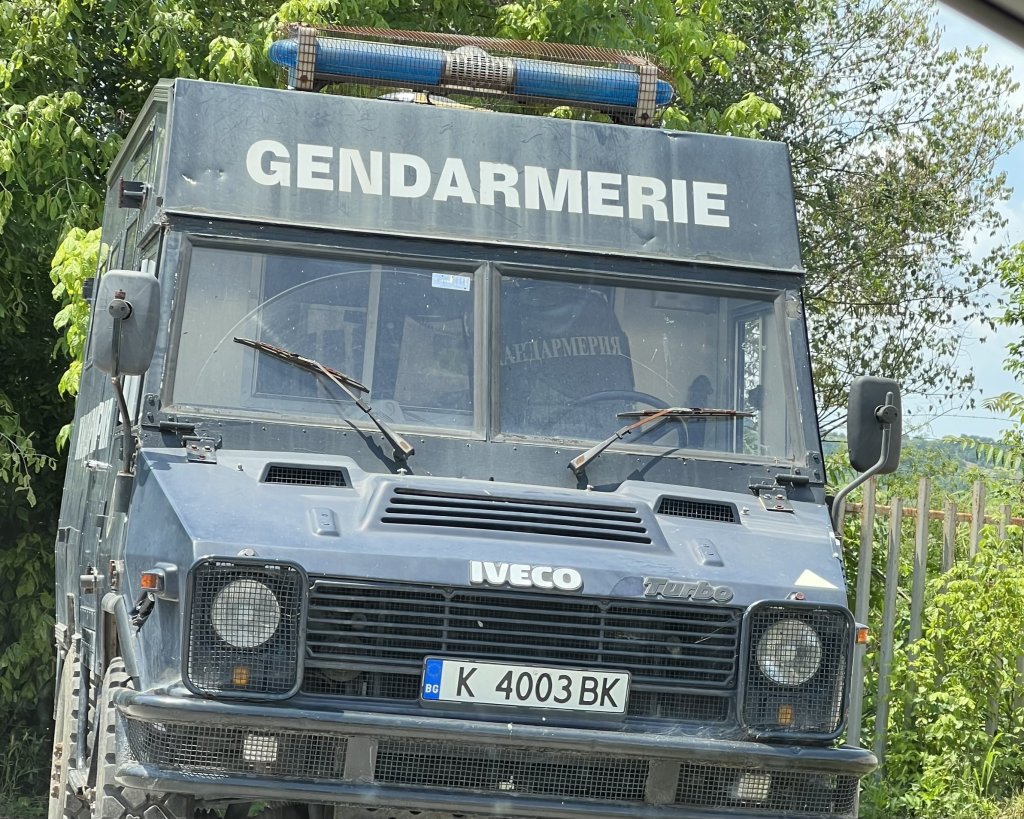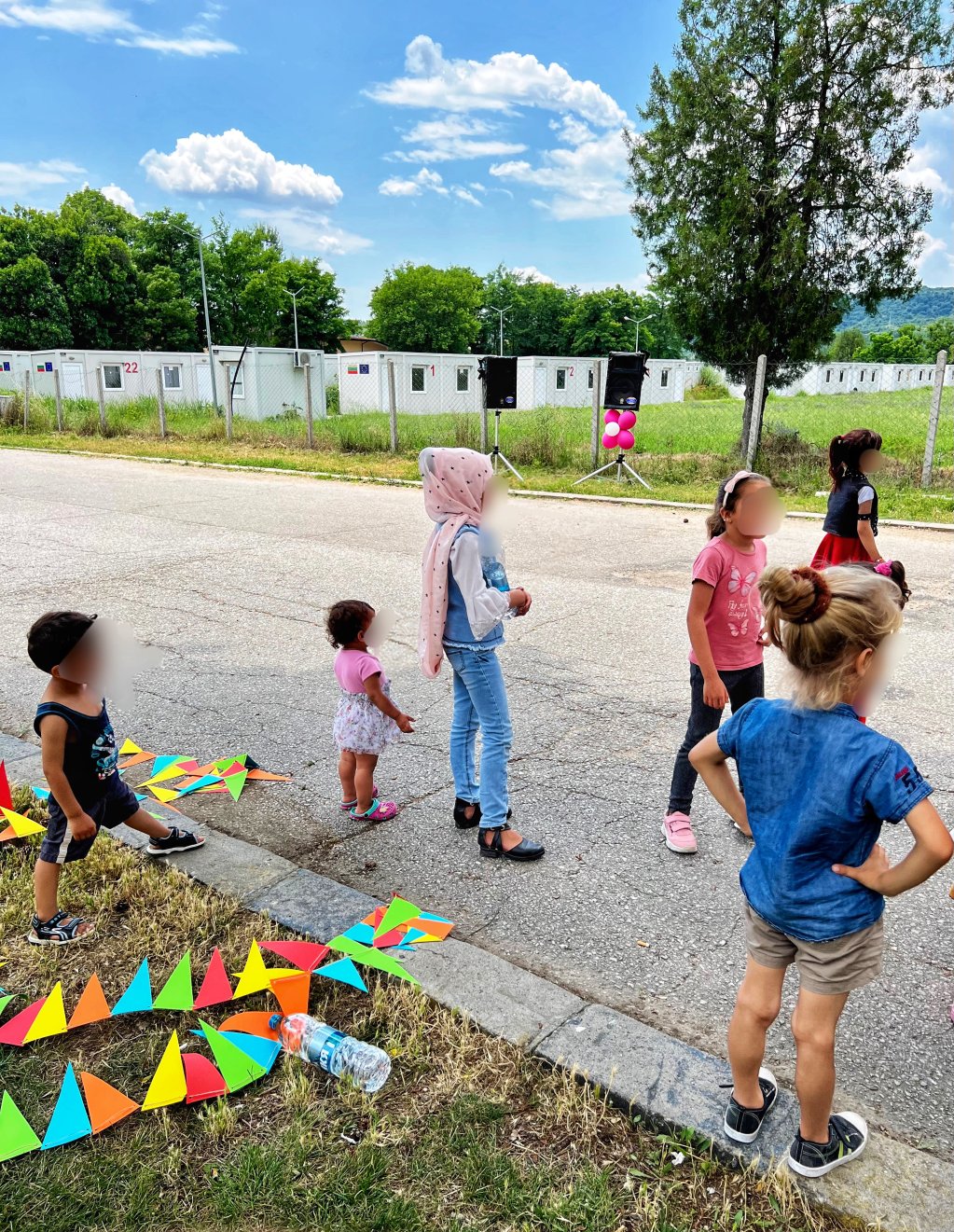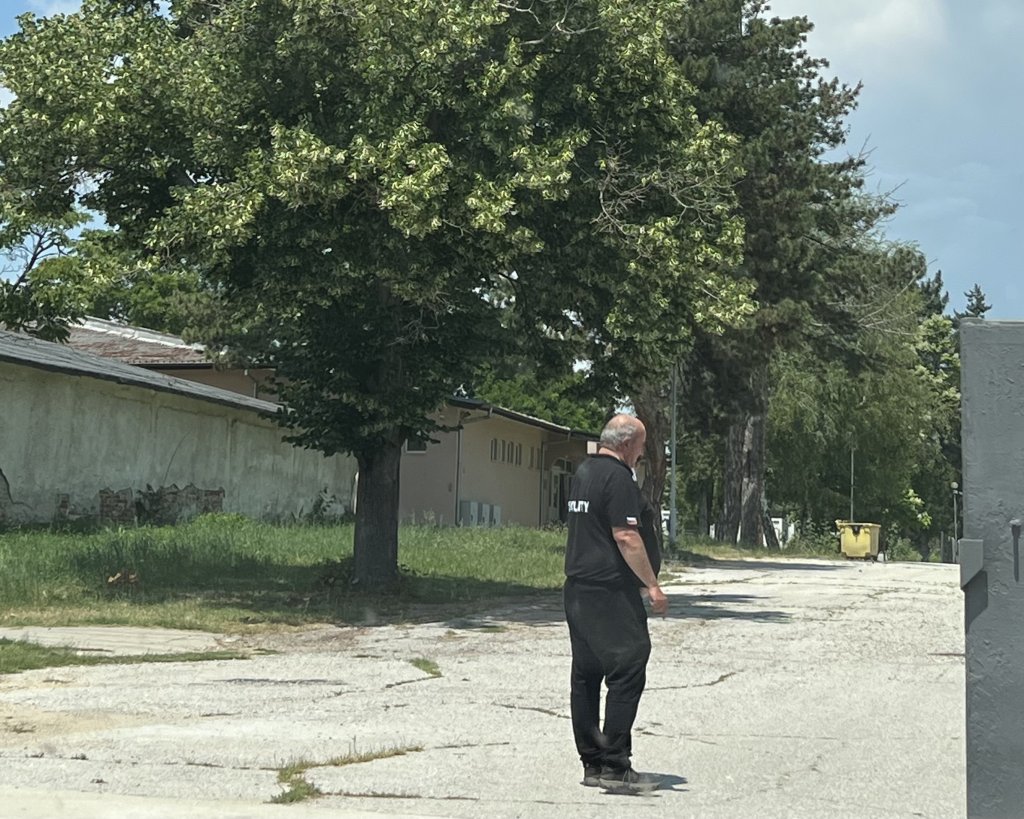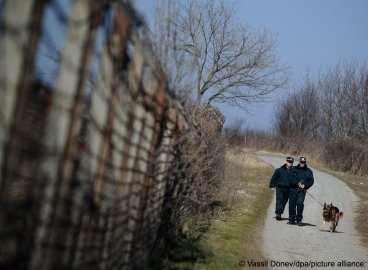
Bulgaria is bolstering security and surveillance at its border with Turkey in the hope of being admitted to the Schengen visa-free travel zone. InfoMigrants looks at how state actors, the EU and international organizations are walking a fine line of accountability.
*This article is the fourth in a four-part series. Click here for part one, here for part two and here for part three. All research and interviews were conducted between June and August 2023, with field reporting in Bulgaria carried out between June 18 and 24, 2023.
When it comes to the authorities’ treatment of migrants at its borders, Bulgaria’s interior ministry insists that officers perform their duties in accordance with the principal of non-refoulement.
“It should be noted that many of the claims of ‘pushbacks’ are unfounded,” the ministry’s press office told InfoMigrants, adding that the Border Police General Directorate “doesn’t tolerate violence against persons illegally crossing the border, and any report containing sufficient information is investigated thoroughly and accordingly.”
“Checks” have been carried out on persons claiming pushbacks and have “ended with the finding that there was no evidence of physical violence,” it said.
The interior ministry claims that migrants are trained by people smugglers to “whistle-blow” in order to compromise the system. “The migrants themselves do not want to be detained by the border police patrols, due to the fact that they are aware that in case of detention, they must be registered in EURODAC and AFIS (automated fingerprint identification), and even if at a later stage they manage to reach their desired destination, they are subject to return under the provisions of the Dublin Regulation or bilateral readmission agreements.”
Sofia-based investigative journalist Maria Cheresheva said it is not uncommon for the Bulgarian government to deny allegations of pushbacks.
“I think the minister of interior, by declining the allegations, actually confirmed them,” she told InfoMigrants. “Even the opposition, even the pro-liberal parties did not comment on this topic.”
Cheresheva added that the publication of her findings on migrant pushbacks and that of Lighthouse Reports coincided with Bulgaria’s bid to join the Schengen area – not ideal for Sofia or Brussels.
Krassimir Kanev, head of the Bulgarian Helsinki Committee, added that “for the government, it is routine to deny police brutality, also for the prosecution.”
“This is why Bulgaria has been found in violation of the European Convention on Human Rights on so many occasions,” he told InfoMigrants.
Frontex, meanwhile, told InfoMigrants it “cannot comment on the reports of pushbacks of migrants by Bulgarian authorities.”
“We are not in a position to speculate or evaluate the actions of other services, countries and institutions,” the EU border watchdog said, adding: “All detected migrants are handled by the host country’s authorities.”
What did the EU Commission, UNHCR and Red Cross say about pushbacks?
When asked about migrant pushbacks in Bulgaria, European Commission spokesperson for Home Affairs Anitta Hipper told InfoMigrants on August 16 that the “Commission takes any allegations of pushbacks and mistreatment seriously. Any such treatment of people, if confirmed to be true, would be intolerable.”
She stressed that “efficient border management must be firmly rooted in the respect of human dignity and of the principle of non-refoulement.” However, she said it was up to the national authorities of EU member states (in this case Bulgaria) to “investigate any pushbacks and violence allegations, with a view to establishing the facts and properly follow-up any wrongdoing.”
Boris Cheshirkov, an external relations officer at UNHCR Bulgaria, did not comment on Bulgaria specifically when asked about pushbacks in the country. Instead, he told InfoMigrants the UN refugee agency has “raised its concerns on the issue of collective expulsions and pushbacks of refugees and asylum-seekers and has been calling on states to investigate and halt these practices.”
Preslava Lilova, director of International Cooperation and Programmes at the Bulgarian Red Cross, told InfoMigrants the humanitarian organization strives to provide relief and assistance to the refugee community in the country, but also did not comment on the organization’s knowledge of pushbacks in Bulgaria.
Kanev from the Helsinki Committee has his views on why that might be. “The Red Cross is a semi-governmental organization. It receives most of its money from the government.”
Journalist Cheresheva said she understands “it’s complicated” for organizations such as the UN and Red Cross to discuss pushbacks “because they have to collaborate with the Bulgarian state and it’s a no-go zone.”
“I think it’s a red line that big organizations do not want to cross,” she said.
EU security at the Bulgarian-Turkish border
President of the European Commission Ursula von der Leyen in February called the land border between Bulgaria and Turkey one of the EU’s “most pressing issues.” The Commission has since been working with EU member states to bolster its border management.
In March, it launched a pilot project at the Bulgarian-Turkish border to curb irregular crossings. The project, which is scheduled to end in September, promised to secure the border with vehicles, cameras, roads and watchtowers.
According to a June 7 press release from the Commission, Bulgaria has stepped up cooperation with Frontex, with measures including a “roadmap to make use of the agency’s full capacity for border management and returns with additional sources, such as standing corps and technical equipment.”
It also said Bulgaria strengthened cooperation with Europol to counter smuggling networks.
“Ensuring effective management of the EU’s external borders is a key priority for which the Commission has allocated to the Member States (Bulgaria and Romania) €4,3 billion, alongside €6,3 billion for migration management,” the press release also noted.
Over €205 million ($225 million) are earmarked for Bulgaria under the new generation of Home Affairs funds, Commission spokesperson Hipper told InfoMigrants. “These funds are used also for surveillance equipment and training,” she said.
Bulgaria has also “taken operational steps to improve the accelerated asylum procedures, and it is expanding its operational cooperation with the European Agency for Asylum (EUAA), as well as with Frontex and Europol, in the areas of border management and returns,” Hipper added. Two guest officers from Europol are also deployed at the border, she said.
Following a request for comment, Europol’s Press Office, however, told InfoMigrants: “We do not work in Bulgaria, or at the Bulgarian border.”
How are Bulgaria and Frontex boosting security at the Bulgarian-Turkish border?
Bulgaria meanwhile says it has stepped up controls along its 234-kilometer (145-mile) barbed wire fence covering almost the entire border with Turkey. Its border police prevented 164,000 “irregular crossing” attempts in 2022, compared to 55,000 in 2021, according to figures from Bulgaria’s Interior Ministry.
Frontex said its increased presence at the border is a precautionary measure aimed at boosting Bulgaria’s capacity at its land borders.
“As of today (August 1), there are 232 officers and staff deployed in Bulgaria,” Jan Zietara from the Frontex Press Office told InfoMigrants. “This number changes frequently” as officers are deployed for a couple of months only, Zietara explained, adding that the EU border watchdog provides its officers with patrol cars and specialized equipment.
Frontex did not elaborate what “specialized equipment” entails or what is the standard procedure for Frontex officers when confronted with irregular migrants in Bulgaria. The organization also said it cannot comment on Bulgaria’s surveillance developments.
Bulgaria looks to join Schengen
Bulgaria is hoping to join Europe’s visa-free Schengen area by 2024. Austria and the Netherlands blocked Bulgaria’s accession bid in December over concerns the Balkan country was being too lax on irregular migration.
Journalist Cheresheva believes that talk of a border surveillance boost is a political tactic to soothe EU neighbors and make Bulgaria more palatable for Schengen in the eyes of Brussels.
“A lot of money has been pumped into this border…There have even been talks about building a wall along the border by the Austrian chancellor. But I think this was just political talk for internal use and political agenda,” she said.
Cheresheva also believes that violent treatment of migrants in Bulgaria is aimed at deterring them from crossing into Europe.
Like many journalists and media organizations, InfoMigrants was denied access to the remote barbed wire fence at the border (though access to the Kapitan Andreevo border checkpoint – an infamous entry point into the EU for smugglers – was granted).
Is increased surveillance and security impacting pushbacks?
The press office of Bulgaria’s interior ministry told InfoMigrants that “cameras of the integrated border surveillance system record 24/7, and this ensures that any possible act of violence will be detected and recorded.”
Kanev from the Helsinki Committee said he believes pushbacks and violence against migrants “improved somewhat with the presence of Frontex.” But their presence “doesn’t seem to prevent this phenomenon entirely.”
For Cheshirkov from UNHCR, the “increasing border restrictions and pushbacks in Europe have contributed to refugees and migrants using riskier routes…thus putting themselves and their children in greater danger.”
Vladislav Damyanov, project manager at the charity Caritas Bulgaria, feels the same way. He warned that the fence and boosted security at the Bulgarian-Turkish border means migrants are finding it “more and more difficult to cross,” and that often the greater risk migrants face is not pushbacks but suffocation in the vans and minibuses used by smugglers to transport them to the EU.

